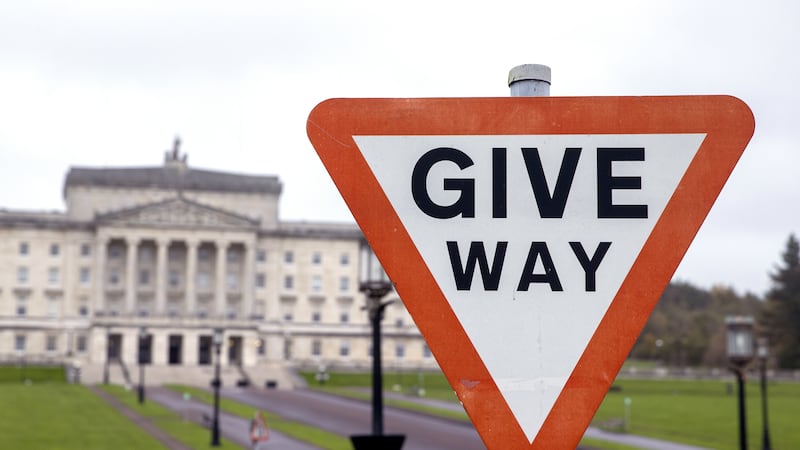QUESTION: The UK government are having its spring statement this week. What is it and what can we expect to be announced?
ANSWER: The spring statement, due to take place this Wednesday, is an opportunity for Chancellor Rishi Sunak to give an update on the overall health of the economy.
His last two spring statements were dominated by vast spending and multi-billion pound bailout programmes to help businesses and workers through the pandemic.
But this time the Chancellor faces a new challenge: the cost of living crisis. Mr Sunak is under immense pressure to soften the impact of rising bills, at the same time as reducing a massive public debt pile and nursing the country to economic recovery.
As noted above the spring statement an opportunity for the Chancellor to provide an update on the overall health of the economy but it does not include major tax or spending changes, which are made once a year at the Budget. The statement, which can be seen as more of a “mini Budget”, tends to include the launch of a number of consultations on potential new policies.
It also provides the Chancellor the opportunity to update the public on policies announced at previous Budgets, or to tweak or extend them. For example, the Chancellor used the 2021 Statement to extend the emergency state support schemes such as furlough, help for the self-employed and the stamp duty holiday. He also increased the National Living Wage by £345 a year.
Rishi Sunak will provide his response to the OBR’s economic forecast for spending, debt, GDP, employment and wages. He will also provide an update on his “plan for jobs” and the post-pandemic bounce back.
Any government spending increases is most likely to go towards defence with additional money for aid for Ukraine as well as increases in other areas of the defence budget in the face of the increased threat to NATO from Russia.
It is expected that the Chancellor will address the spiralling cost of living crisis and reveal the latest figures for inflation, which have already reached a 30-year high of 5.5 per cent and are widely expected to exceed 7 per cent in the coming months.
Families are facing soaring energy bills, as well as larger National Insurance tax bills from April. The Chancellor finds himself under pressure from campaigners to cut fuel duty.
With public borrowing expected to come in under previous forecasts for the year, there is hope of additional support or other benefits such as child benefit being increased to keep up with rising bills.
Businesses are pressuring the Chancellor to abandon or delay the planned 1.25 percentage point increase to National Insurance rates, due to start in April, which will add more than £500 to the annual tax bill of a £50,000 earner.
Both Boris Johnson and Rishi Sunak have insisted the £12 billion “health and social care levy” will go ahead as planned, but higher-than-expected inflation has caused the biggest fall in real-terms earnings in eight years has reignited calls for a delay.
Scrapping the National Insurance rise could ease pressure on struggling households, as well as businesses, who have said a delay would allow headroom for them to raise wage bills to meet inflation and invest in order to recover from the pandemic.
The spring statement on Wednesday lunchtime may prove a difficult balancing act for the Chancellor as he faces strong calls to increase defence spending but at the same time introduce measures to reduce the cost of living.
:: Malachy McLernon (m.mclernon@pkffpm.com) is a director of PKF-FPM (pkffpm.com). The advice in this column is specific to the facts surrounding the question posed. Neither the Irish News nor contributors accept any liability for any direct or indirect loss arising from any reliance placed on replies.








